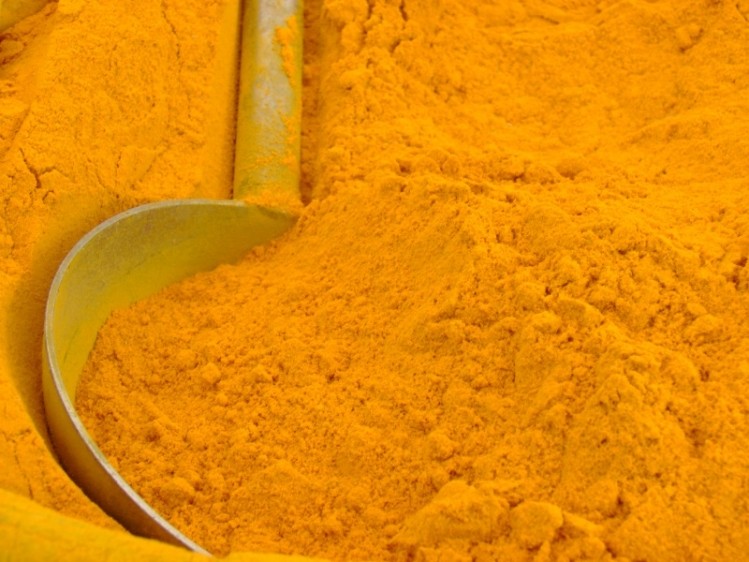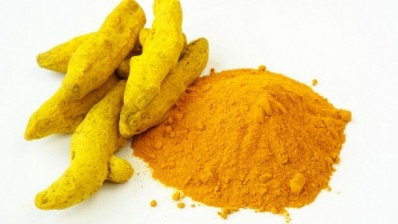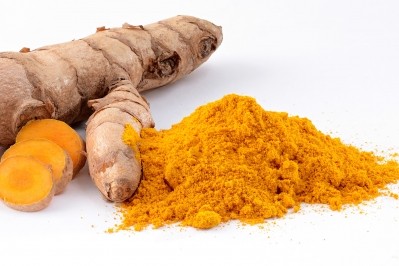Curcumin may reduce risk factors in people with CAD

Eight weeks of supplementation with the curcumin ingredient were also associated with reductions in the serum levels of VLDL cholesterol but no statistically significant effects were observed for HDL cholesterol levels or C-reactive protein levels (a marker of inflammation), according to results published in the PubMed-listed Iranian Journal of Pharmaceutical Research.
“According to the results, curcumin seems to be a potential candidate for decreasing cholesterol and triglyceride levels,” wrote the researchers. “Nonetheless, it has no appreciable effect on inflammatory biomarkers in patients with CAD.”
Mainstream
Curcumin/turmeric supplements finally tipped over into the mainstream last year. According to a report published in the American Botanical Council’s HerbalGram, sales of herbal dietary supplements with turmeric/curcumin as the primary ingredient grew by 26.2% in 2013 to take the top spot in the natural channel.
The science has continued to grow, too, with new studies supporting the potential brain, cardiovascular, joint, and muscle benefits of the ingredient.
Sabinsa’s Curcumin C3 Complex is a mixture of three curcuminoids combined with piperine (Bioperine) to boost bioavailability.
The new study adds to cardiovascular benefits of the ingredient, as reported recently in Complementary Therapies in Medicine. In that study, a daily 1,000 mg dose of Curcumin C3 Complex for eight weeks was associated with significant reductions in total and LDL cholesterol, and increases in HDL cholesterol in 100 people with metabolic syndrome (MetS).
Study details
The new randomized, double-blind, placebo-controlled study, conducted at the Tehran Heart Center Hospital, involved 33 subjects with coronary artery disease. CAD is one of the most common types of heart disease.
Participants were randomly assigned to receive four capsules of 500mg of Curcumin C3 Complex each per day or matching placebo for two months in addition to conventional therapies.
Results showed that participants in the curcumin group had significantly reduced the serum levels of LDL and triglycerides compared to baseline values. This study also showed a significant decrease in the VLDL values in the curcumin group.
“Further and larger human studies need to be done in order to establish a detailed assessment of metabolic effects and or anti-inflammatory actions of curcumin,” concluded the researchers.
Source: Iranian Journal of Pharmaceutical Research
2015, Volume 14, Number 2, Pages 479-86
“The Effect of Curcumin on some of Traditional and Non-traditional Cardiovascular Risk Factors: A Pilot Randomized, Double-blind, Placebo-controlled Trial”
Authors: Mirzabeigi P1, Mohammadpour AH2, Salarifar M3, Gholami K1, Mojtahedzadeh M1, Javadi MR1.









